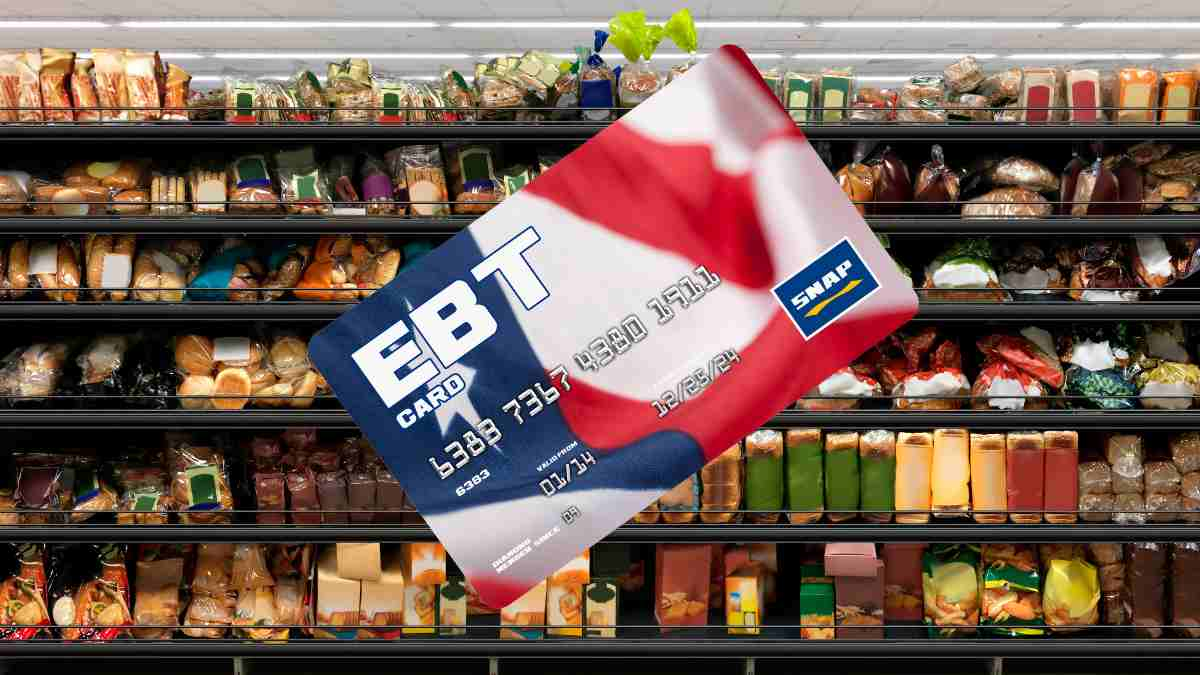SNAP Over 60: Key Updates and New Assistance for Retired Seniors
The Supplemental Nutrition Assistance Program (SNAP), commonly known as food stamps, is an essential resource for low-income individuals, helping them maintain a nutritious diet. This is especially vital for older adults, many of whom face food insecurity. In the U.S., over 15 million seniors struggle to afford adequate nutrition. To better serve this population, SNAP has implemented changes that specifically benefit retirees, providing financial relief and improving access to essential resources.
Key Updates to SNAP for Seniors Aged 60 and Older
Increased Income Limits for Eligibility
A major change in SNAP is the adjustment to income limits, allowing seniors aged 60 and over to qualify for benefits even if their income exceeds the thresholds set for younger applicants. Recognizing that retirees often have additional costs, such as medical bills, this update aims to ease the financial burden on older adults. Social Security income is no longer an automatic disqualifier for SNAP, helping more seniors gain access to these benefits.
Deductions for Medical Expenses
Another important update is the inclusion of medical expenses in the eligibility calculation. Retirees can now deduct costs like prescription medications, doctor visits, health insurance premiums, and medical equipment from their total income. These deductions can significantly lower the net income considered when assessing eligibility, making it easier for seniors with high healthcare costs to qualify for SNAP.
Streamlined Application Process
Several states have introduced simplified application processes for those 60 and older, aiming to reduce the administrative barriers that can prevent seniors from accessing benefits. Shorter forms and clearer instructions make the application process quicker and more accessible for older adults, particularly those who may struggle with complicated paperwork.
Combining SNAP with Social Security Benefits
Many retirees rely on Social Security as their primary source of income, and the good news is that they can also receive SNAP benefits. Although Social Security payments are factored into eligibility, specific deductions and exclusions are available to seniors that make it easier to qualify for both programs. By combining SNAP with Social Security benefits, retirees can supplement their income and better manage food expenses.
Key Deductions for Seniors
- Medical Expense Deductions: High out-of-pocket healthcare costs can be deducted, reducing the income used to determine eligibility.
- Standard Deduction for Seniors: Older adults may also qualify for a standard deduction that further lowers countable income.
These provisions help retirees stretch their Social Security checks further, allowing them to allocate more funds to other necessities such as housing and healthcare.
How SNAP Improves Retirees’ Quality of Life
Access to SNAP benefits significantly improves the financial stability and well-being of retirees. Having consistent access to nutritious food is vital for older adults, who may have specific dietary needs or health concerns. SNAP helps ensure seniors can maintain a healthy diet, contributing to better overall health.
Additionally, SNAP’s financial relief enables retirees to direct more of their income toward other essential expenses, such as rent or medical bills. This added flexibility can improve their quality of life, offering greater security during their retirement years.
Steps to Apply for SNAP Benefits
If you are 60 or older and believe you might be eligible for SNAP, the first step is to check your state’s specific rules, as some details may vary by region.
To make the application process easier:
- Gather Required Documents: Collect information about your income, medical expenses, and household size.
- Use Simplified Forms: Take advantage of any streamlined application forms available in your state.
- Seek Local Assistance: Reach out to community organizations that can help you complete the application process.
Conclusion
Recent changes to SNAP have made the program more accessible and beneficial for older adults, providing essential support for those facing financial challenges in retirement. With higher income limits, medical deductions, and a simplified application process, SNAP is now better equipped to meet the needs of seniors.
If you’re a retiree struggling to meet your nutritional needs, consider applying for SNAP. The program can provide vital assistance, helping you lead a healthier, more secure life during your retirement.






